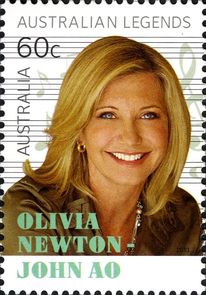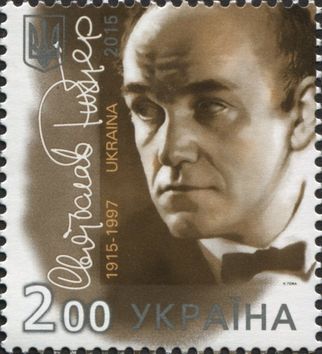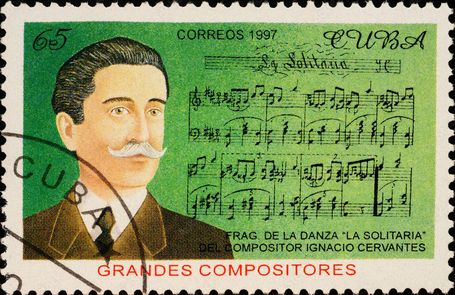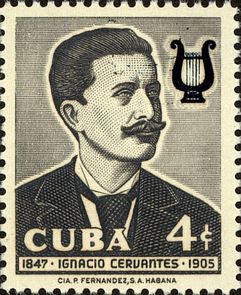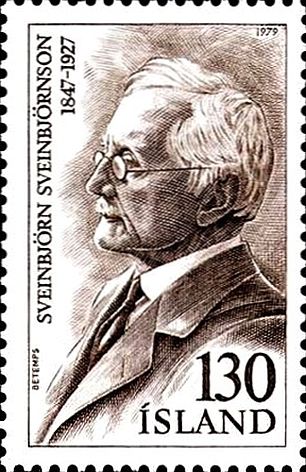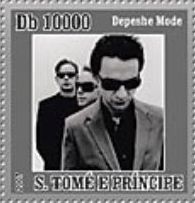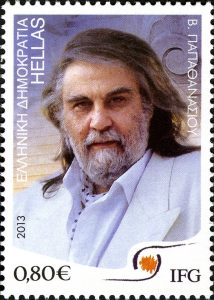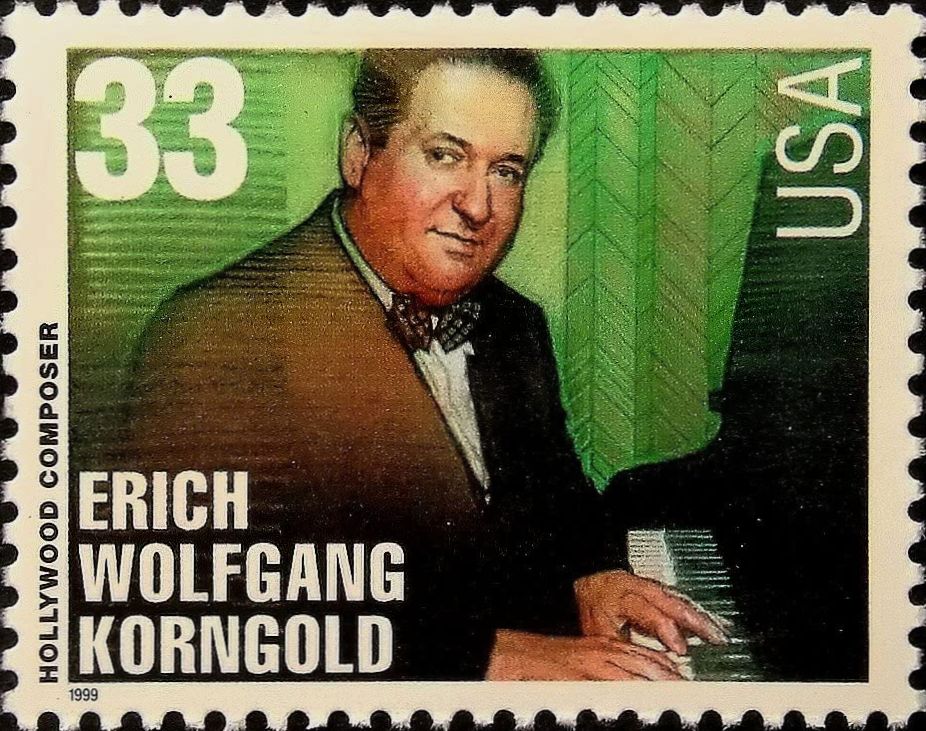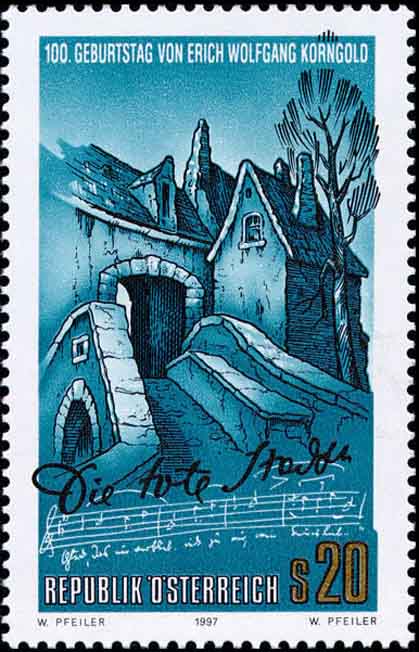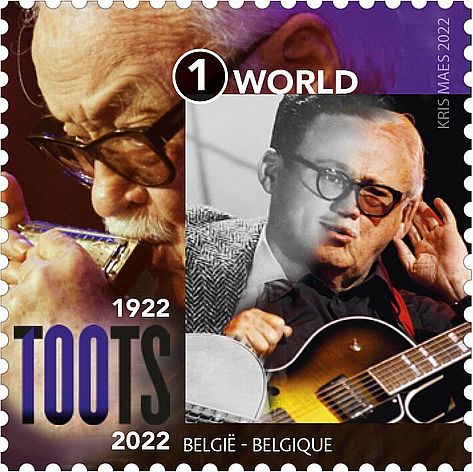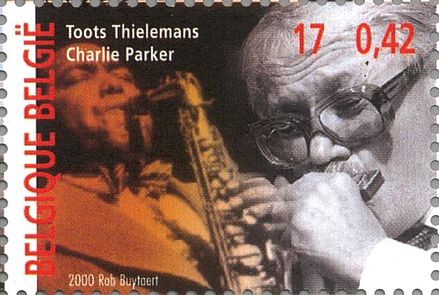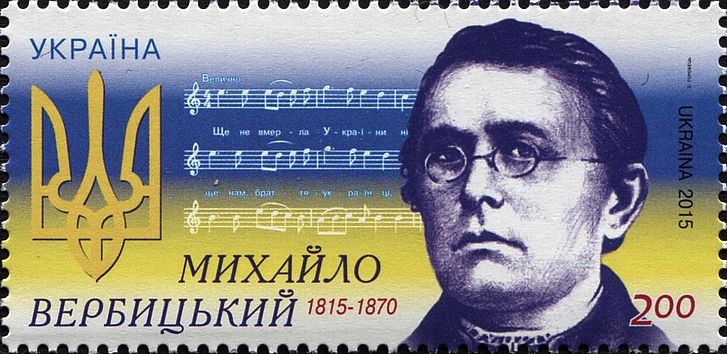Solti studied at the Franz Liszt Music Academy in Budapest with Béla Bartók and Zoltán Kodály, among others. In 1930 he became répétiteur at the Budapest Opera and from 1935 assistant to Bruno Walter and Arturo Toscanini in Salzburg. He made his debut as an opera conductor in 1938 in a performance of The Marriage of Figaro in Budapest.
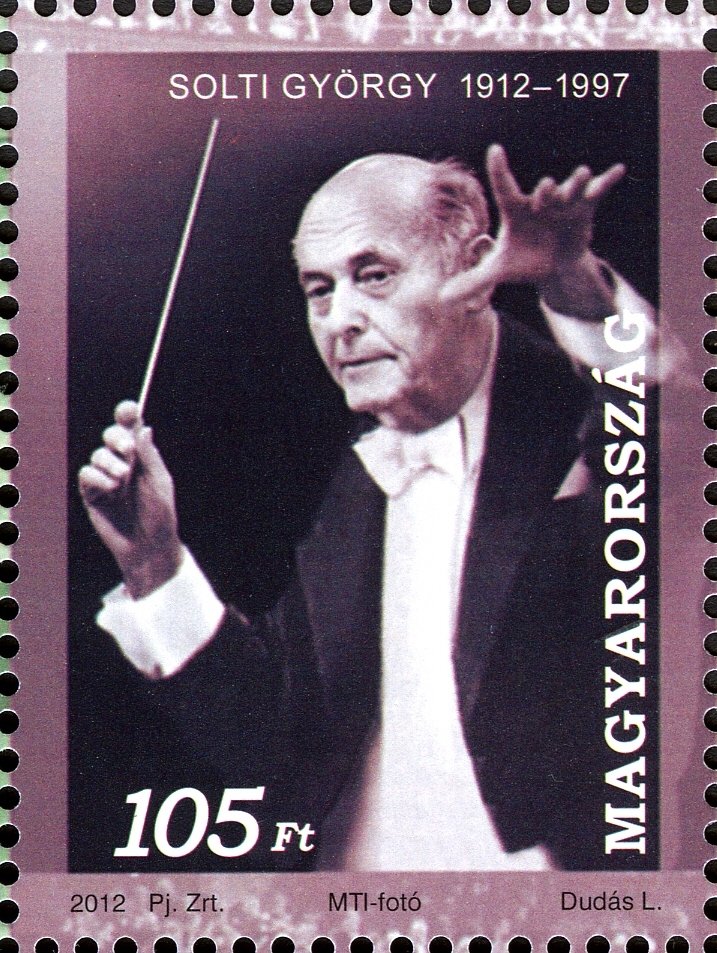
Hungary 6.7.2012
A second major artistic period began for Georg Solti when he became chief conductor of the Chicago Symphony Orchestra (1969-1991). He was also musical director of the Orchester de Paris (1971-1975) and artistic director of the London Philharmonic Orchestra (1979-1983). In 1983 he conducted at the Bayreuth Festival, several times at the Salzburg Festival and, after Karajan’s death, took over as his successor at the Easter Festival for two years.
Georg Solti signed a contract with the Decca record company as early as 1947 and over the years he has recorded all the popular operas by Richard Wagner, Richard Strauss and Giuseppe Verdi for the label. The first complete studio recording of Wagner’s “Ring des Nibelungen” with the Vienna Philharmonic (1958-1965) is still considered a great moment in the history of recordings. Georg Solti has received 105 Grammy nominations and, with 31 awards, is the artist to have received the most awards with the coveted trophy.
In addition to numerous other honours, he was made Commander of the Order of the British Empire by Queen Elizabeth II in 1968 and Knight Commander in 1971 during his tenure in London.
The video shows Georg Solti and the London Symphony Orchestra perfoming the Coriolan Overture, Op. 62 by Ludwig van Beethoven, recorded in 1987 at the Barbican Center in London.
